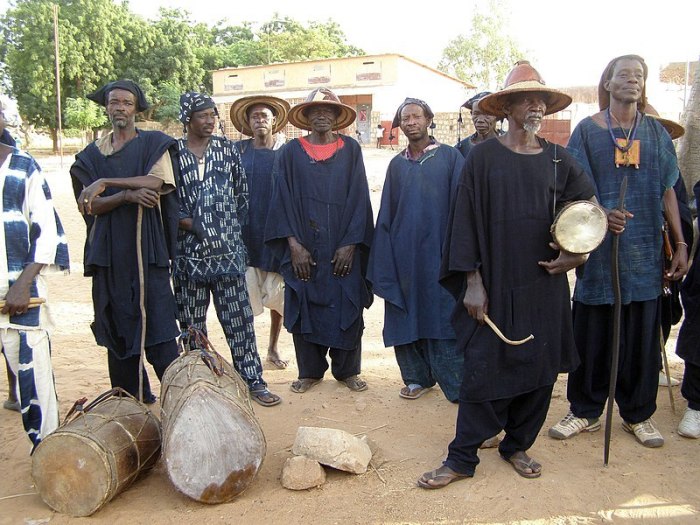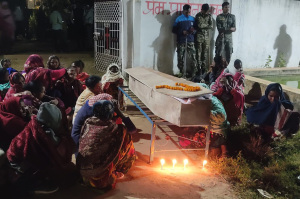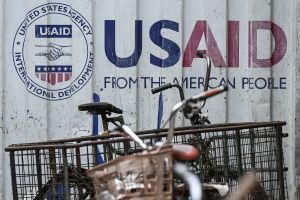27 killed, some burned alive in jihadi attacks on predominantly Christian villages in Mali

Suspected Islamic radicals killed at least 27 people, some of whom were burned alive, in a series of attacks that spanned from last Tuesday to Wednesday evening in three villages that advocates say are predominantly inhabited by Christians in Central Mali, officials said.
As escalations in communal violence have plagued the West African country in recent years, local officials told Reuters that attacks in the villages of Bankass, Koro and Tillé were carried out by armed men on motorcycles whom they believe to be jihadists that claim to protect Fulani herders from Dogon farmers.
"We were surprised by the attack on the village of Tillé,” Doucombo Deputy Mayor Yacouba Kassogué told the news agency. “Seven were killed, all Dogons, some of them burned alive.”
At least 20 additional people were reported to have been killed in neighboring villages of Bankass and Koro.
According to local officials, most of the victims in those two villages were shot or burned to death.
According to the interdenominational Christian aid agency Barnabas Fund, the attacks carried out last week in Central Mali victimized “mainly-Christian Dogon villages.”
“Since 2016, jihadists have been waging a war to occupy north and central Mali with the declared aim of establishing Sharia (Islamic law) throughout the country,” a statement from the aid agency reads.
“Mali suffered its worst year of extremist violence in seven years in 2019. Jihadi militants carried out murderous attacks in the north and central area, laying waste to Christian villages and causing hundreds to flee with only the clothes on their backs.”
Dozens were reportedly killed during a suspected Fulani attack in the mainly-Christian village of Sobame Da, a village in the Mopti region of central Mali, in June 2019.
Although initial reports suggested that over 100 were killed in Sobame Da, officials later revised the death toll to 35, including 24 children, on grounds that officials had earlier confused missing persons with those killed.
However, some community leaders argued that the initial death toll was accurate and that investigators did not uncover everybody in homes burned by the perpetrators, according to The Washington Post.
Mali, a predominantly Muslim country in West Africa, ranks as the 29th-worst country in the world when it comes to Christian persecution on Open Doors USA’s 2020 World Watch List.
According to the Joshua Project, the Dogon community has traditionally celebrated animistic religion but are increasingly turning to Islam “for lack of an alternative.” Today, the majority of Dogon communities are Muslim but about 11% believe in Jesus.
“In the few villages where Christianity has been lived out by missionaries, or locals who have become Christians elsewhere, one can indeed see the growth of the Christian faith,” the Joshua Project reports.
According to an Open Doors dossier on Mali, Islamic militants in the country “have been busy attacking the country's security forces and Christians.” The document reports that “Christian villages were targeted and destroyed, with the attacks sometimes having both ethnic and religious elements.”
"With the increasing attacks in the Mopti region and other areas, church schools and churches have been burned down, hundreds of schools (including Christian schools) have been closed down in 2019,” an Open Doors field researcher was quoted as saying.
In recent years, Mali has seen escalations in violent attacks between Dogon farmers and Fulani herders.
In March 2019, Dogon militias were blamed for carrying out an attack that killed as many as 150 Fulani herders in Ogossagou. Another attack against Fulani in Ogossagou in February reportedly killed 31. Both Dogon and Fulani militants have been accused of carrying out reprisal attacks.
Follow Samuel Smith on Twitter: @IamSamSmith
or Facebook: SamuelSmithCP





























